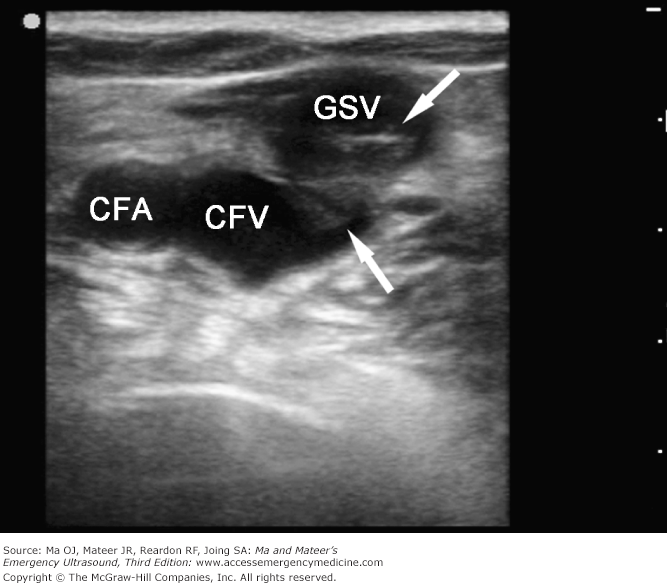Insurance denial CO 39: Services denied at the time Prior authorization/pre-certification was requested
Some carriers insist on obtaining prior authorization from them before the surgery. This may be for certain specific procedures or may even be for all procedures. So these are carrier specific and procedure specific.
Please note that it is the responsibility of the Surgeon and not the patient to obtain the authorization# from the carrier.
When you get a denial from the carrier for this reason,
- first check the system to see if any note entry has been made for the patient for the dos concerned and for the procedure in question.
- Always read the entire notes since the claim might have already sent for reprocessing.
- Pull out the original file and see if there is any auth# for the procedure and also pull out the original file received with the consult and check if we have received any auth# and if we have received, does the auth cover the procedure, that is check if diagnostic testing is marked and also check for the number of visits covered and the period it covers and communicate the same.
- If a valid auth# is found indicate the same and refile the claims, else mention the source file name and pg# of the original file along with the PCP’s name and phone #.
- So that we can get the Auth # for the same.
What is an insurance referral and why is it needed?
An insurance referral is an approval from the primary care physician (PCP) for the patient to be seen by a specialist. The insurance referral must be initiated by a PCP with a reason for the visit, as well as their best guess as to how many appointments will be required to treat a condition. This can always be updated later at the request of the specialist. Requesting multiple visits from the insurance company at the initiation of the insurance referral saves time administratively for both the PCP and the specialist. Some insurance companies require an active referral on file when a patient comes in for a surgical procedure or testing. If the appropriate number of visits were not requested or if they all have been exhausted and a patient has a procedure or test, this could result in the specialist losing reimbursement in the absence of the referral. This loss could be as minimal as a removal of a lesion or as costly as a heart transplant, depending on the patient’s condition.
Prior authorization and a Pre-certification
These are terms that are often used interchangeably, but which may also refer to specific processes in a health insurance or healthcare context.
1) Most commonly, “preauthorization” and “precertification” refer to the process by which a patient is pre-approved for coverage of a specific medical procedure or prescription drug. Health insurance companies may require that patients meet certain criteria before they will extend coverage for some surgeries or for certain drugs. In order to pre-approve such a drug or service, the insurance company will generally require that the patient’s doctor submit notes and/or lab results documenting the patient’s condition and treatment history.
2) The term “precertification” may also be used to the process by which a hospital notifies a health insurance company of a patient’s inpatient admission. This may also be referred to as “pre-admission authorization.”
Request Denied? Try Again
If your request for prior authorization has been denied, you have the right to know why. You can ask your healthcare provider’s office, but you might get more detailed information by asking the medical management company that denied the request in the first place.
If you don’t understand the jargon they’re using, say so and ask them to explain, in plain English, why the request wasn’t approved. Frequently, the reason for the denial is something you can fix.
For example, perhaps what you’re requesting can only be approved after you’ve tried and failed a less expensive therapy first. Try it; if it doesn’t work, submit a new request documenting that you tried XYZ therapy and it didn’t help your condition.
Or if there’s a reason you can’t do that (perhaps the treatment you’re supposed to try first is contraindicated for you due to some other condition or circumstance), you and your healthcare provider can provide documentation explaining why you cannot safely comply with the insurer’s protocol.
While you have the right to appeal a prior authorization request denial, it may be easier just to submit a whole new request for the same exact thing. This is especially true if you’re able to “fix” the problem that caused the denial of your first request.
Learn More…
Authorization number is Missing or Invalid – Denial Code CO-15
Five Tips to Reach True Interoperability










